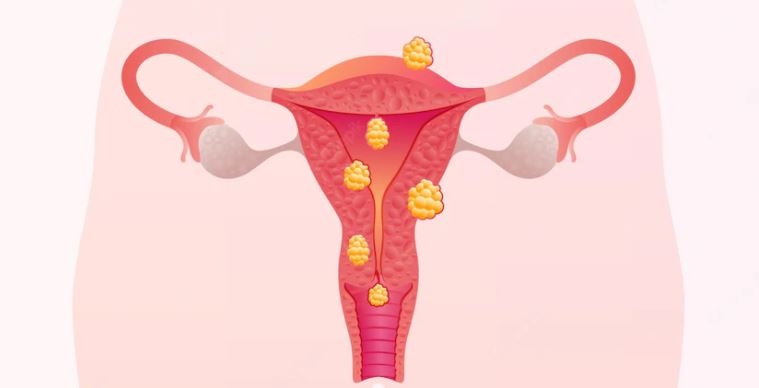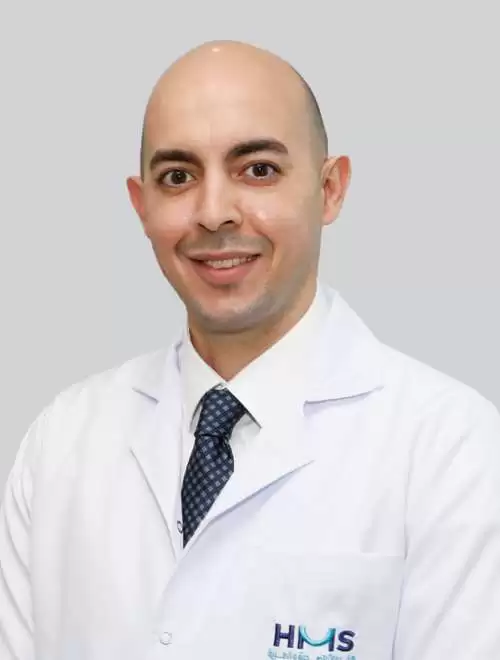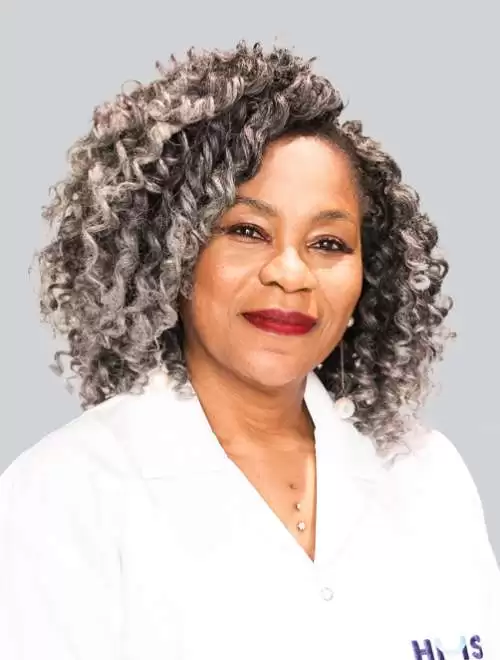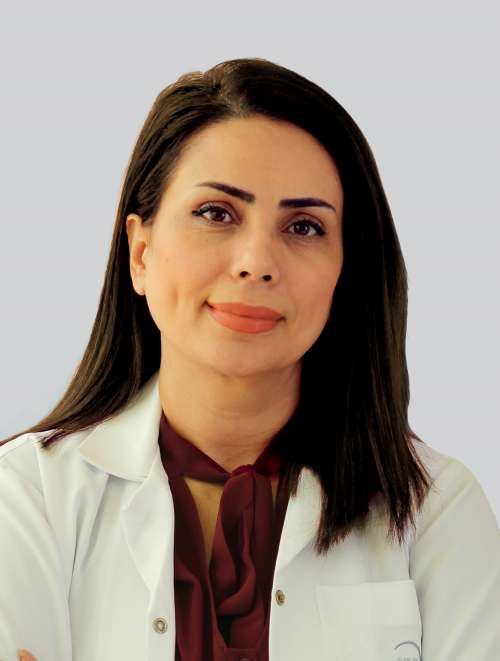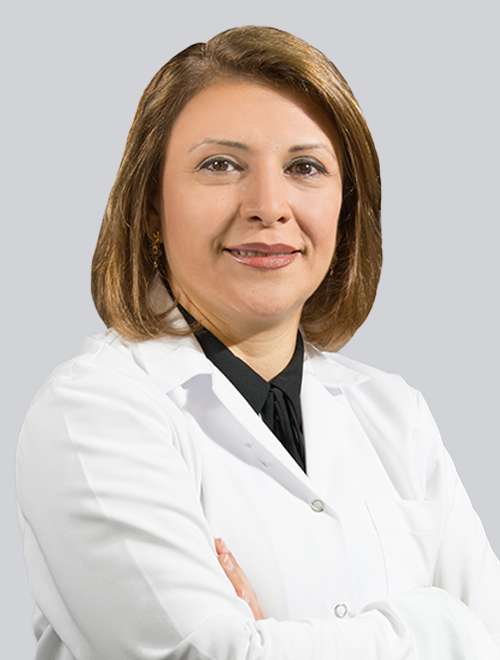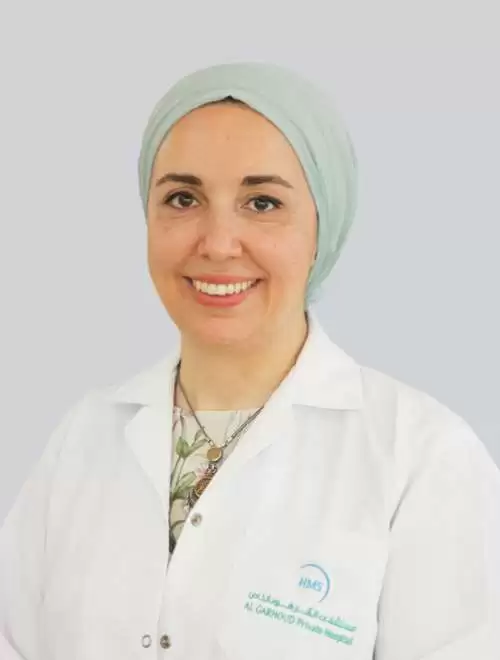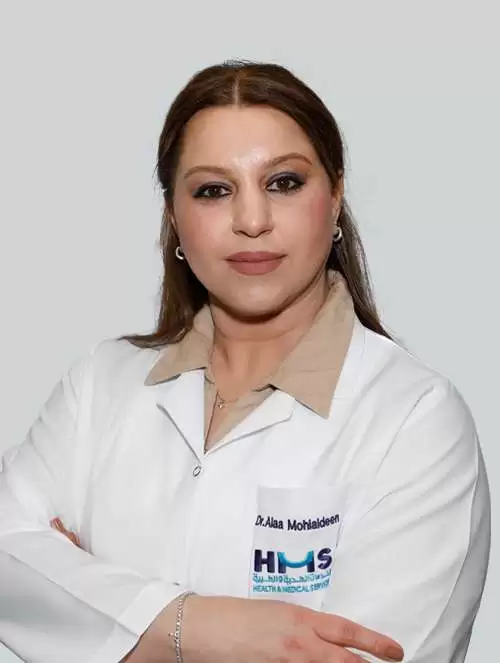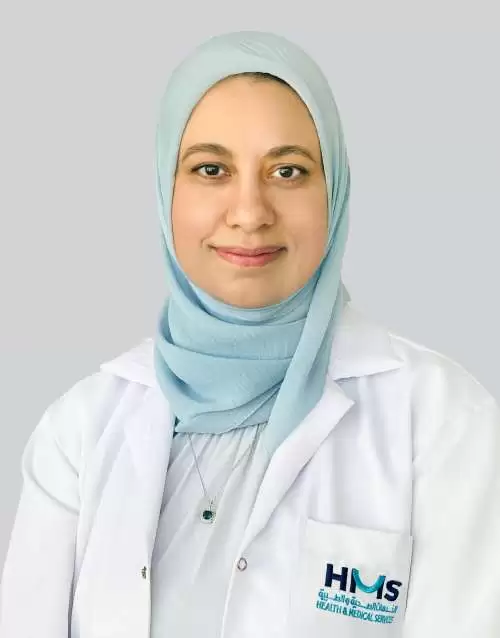Fibroid Surgery
Fibroids are non-cancerous growths that form in or near the womb (uterus). The growths are made of muscle and fibrous tissue, and their size varies. They are also referred to as uterine myomas or leiomyomas. Because there are no symptoms, many women are unaware they have fibroids. Fibroids are common, with approximately one in every three women developing one at some point in their lives. They are most common in women between the ages of 30 and 50.
Cause of Fibroid
Fibroids have no known cause, but they have been linked to the hormone oestrogen.
The female reproductive hormone oestrogen is produced by the ovaries (the female reproductive organs).
Fibroids typically appear during a woman's reproductive years (between the ages of 16 and 50), when oestrogen levels are at their peak.
When oestrogen levels are low, such as after menopause, when a woman's monthly periods stop, they tend to shrink.
Fibroid Symptoms
- Heavy or painful menstrual periods
- Stomach (abdominal) pain
- Lower backache
- A constant need to urinate
- Sex-related constipation, pain, or discomfort
- Further complications caused by fibroids can affect pregnancy or cause infertility in rare cases.
Fibroid Types
- Intramural fibroids are the most frequent type of fibroid, and they form in the womb's muscular wall.
- Fibroids that originate outside the womb's wall into the pelvis and can grow to be quite large are known as subserosal fibroids.
- Fibroids that originate in the muscular layer beneath the womb's inner lining and grow into the cavity of the womb are known as submucosal fibroids.
Treatments For Fibroid
- If the fibroids aren't producing any symptoms, they don't need to be treated. Without treatment, they usually decrease and disappear over time, especially after menopause.
- If you do experience fibroids-related symptoms, you will most likely be prescribed medication to help relieve them.
- There are various drugs that can aid in the reduction of fibroids. If these don't work, surgery or other, less invasive options may be suggested.
Recovery Time
Most women feel better within a week of surgery; however, do not lift, push, or pull heavy things for a few weeks. Do not resume sexual activity until your doctor says it is safe. Internal healing takes four to six weeks for complete recovery.
At HMS Mirdif Hospital, we have the best gynecologists in Dubai to personalize each patient's treatment.
